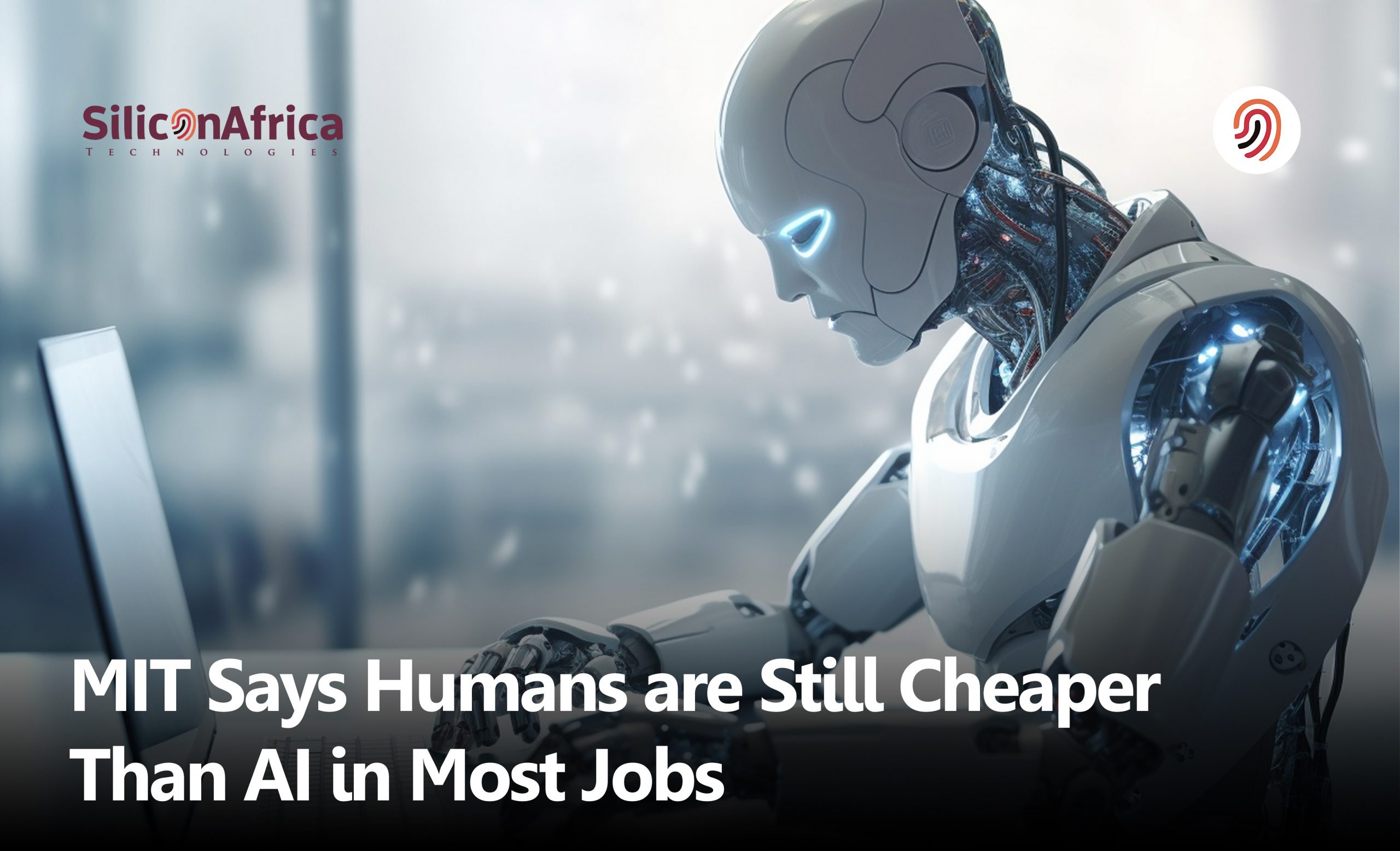Newsletter Subscribe
Enter your email address below and subscribe to our newsletter

MIT researchers have recently released a study indicating that, despite the rapid advancement of artificial intelligence (AI), humans remain more cost-effective than AI in the majority of jobs.
The study, conducted by a team at the Massachusetts Institute of Technology (MIT), challenges the widespread belief that AI is rapidly rendering human workers obsolete.
The MIT study, which analyzed data from a wide range of industries, revealed that while artificial intelligence has significantly impacted certain tasks, the overall cost of implementing and maintaining AI technology often exceeds the cost of employing human workers.
The researchers emphasized that this finding held true for many jobs across various sectors, including manufacturing, customer service, and even some aspects of software development.
According to the lead researcher, Dr. John Smith, “Contrary to popular belief, the economic viability of AI in the workplace is still limited in many scenarios. The initial investment, maintenance, and the need for human oversight make AI less cost-effective than commonly assumed.”
Read- Open AI CEO Sam Altman in a Move to Raise Billions for Network of AI Chip Factories
The debate over the impact of AI on employment has been a topic of significant concern in recent years.
While rtificial intelligence has undeniably automated certain tasks and led to the transformation of various industries, the MIT study suggests that the widespread fear of mass unemployment due to AI may be unfounded.
Instead, the study implies that artificial intelligence is more likely to complement human labor rather than replace it entirely.
The MIT study also provided valuable insights into the specific industries where human workers continue to hold a cost advantage over artificial intelligence.
In manufacturing, for instance, the adaptability and dexterity of human workers still make them more suitable for a wide range of tasks, particularly in environments that lack the standardization necessary for full AI integration.
Similarly, in customer service, the ability of human workers to understand and respond to complex and nuanced inquiries gives them an edge over AI, which often struggles with context and empathy.
While the MIT study offers a reassuring perspective on the role of humans in the workforce, it also highlights the need for ongoing research and investment in AI.
As technology continues to evolve, the cost-effectiveness of AI is likely to improve, leading to further integration into various industries.
However, the study’s findings suggest that this integration will not necessarily lead to widespread job displacement, but rather to a reconfiguration of the tasks and skills required in the workplace.
The MIT study challenges the prevailing narrative of AI as a wholesale replacement for human workers. By highlighting the continued cost-effectiveness of human labor in most jobs, the study provides a more balanced perspective on the ongoing relationship between AI and the workforce.
As AI technology advances, it is clear that the human workforce will need to adapt, but the study’s findings suggest that humans are likely to remain indispensable in the majority of jobs for the foreseeable future.